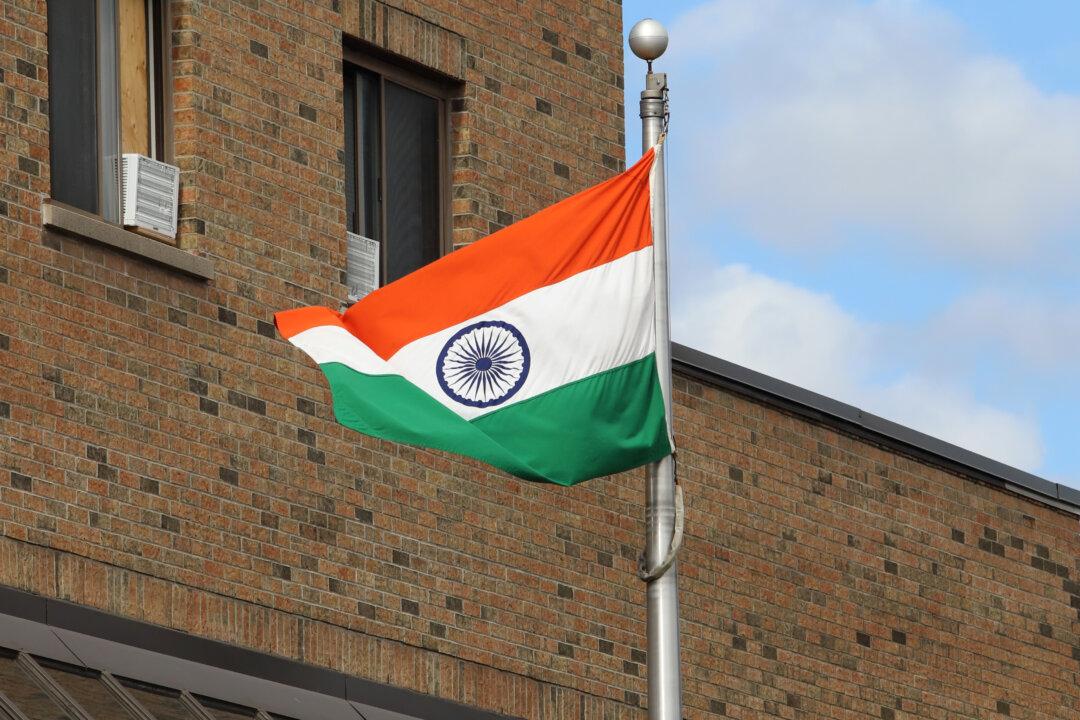India and the United Arab Emirates (UAE) signed a memorandum of understanding (MOU) on Oct. 5 to enhance cooperation in sustainable industrial development and advanced technologies.
The MOU will facilitate industrial investments, technology transfer, and the deployment of key technologies in industries between the two countries, India’s Ministry of Commerce said in a statement.





